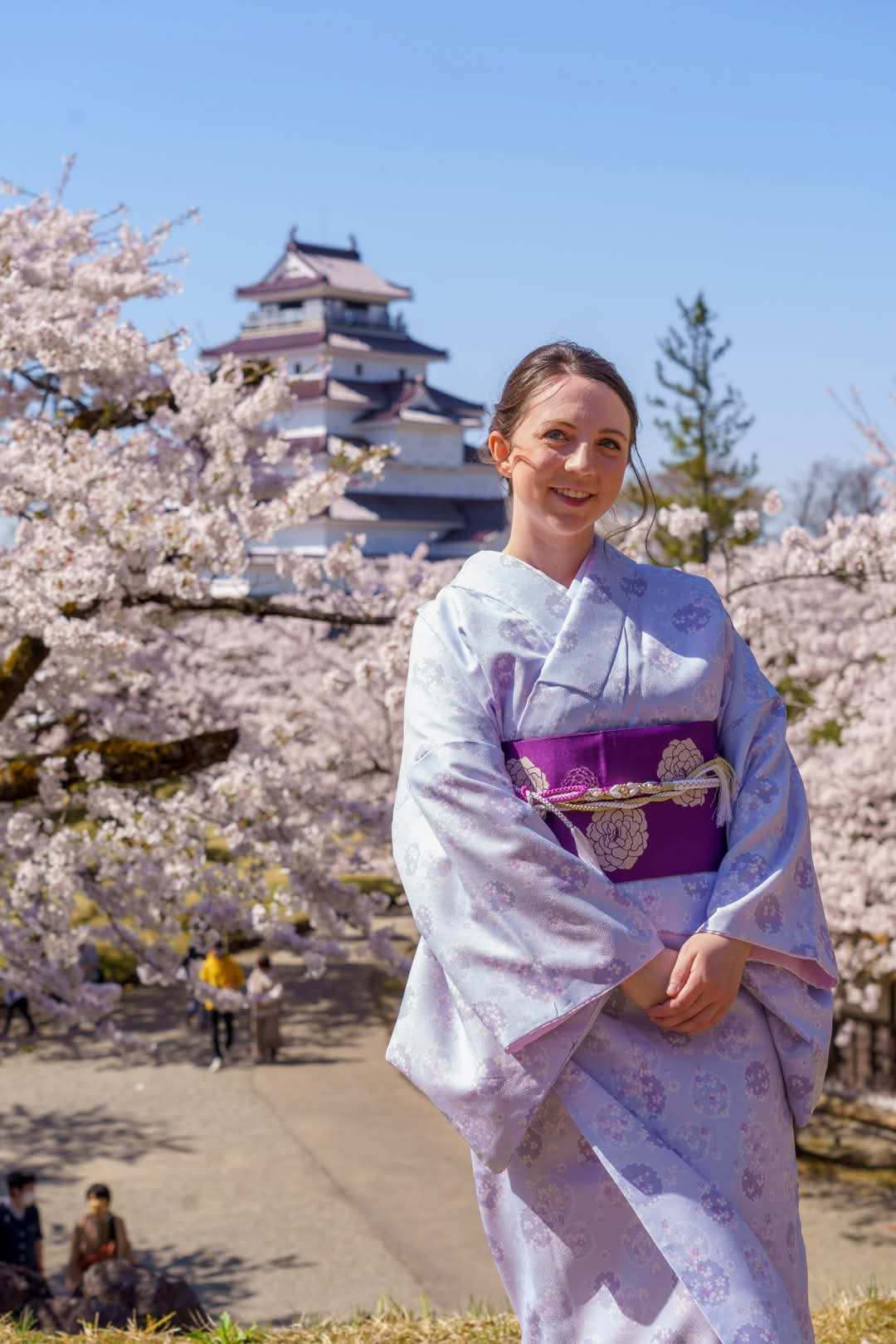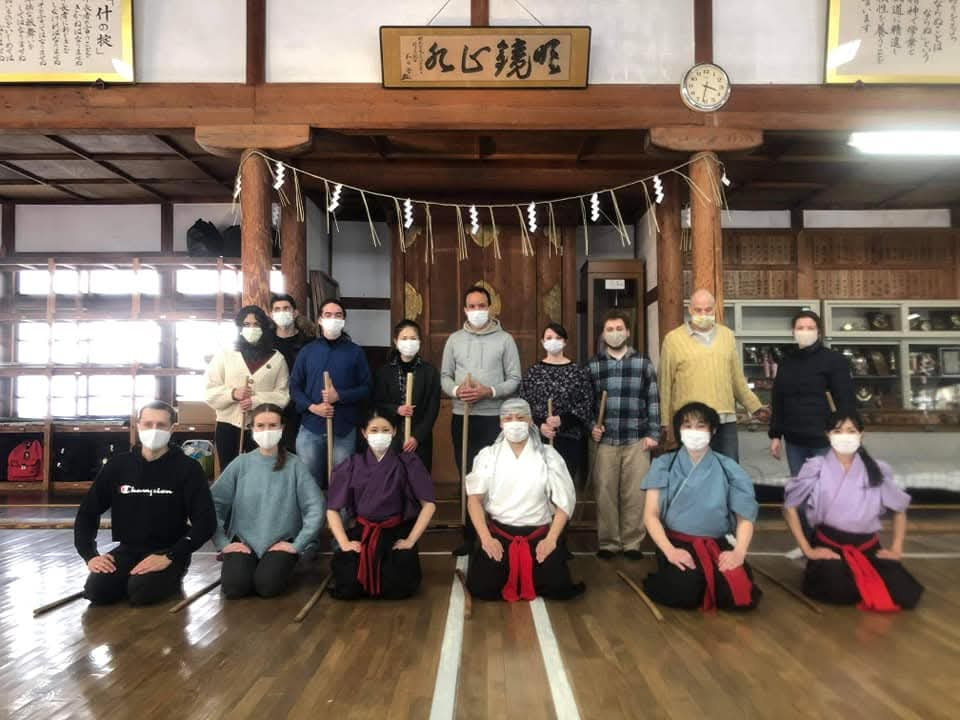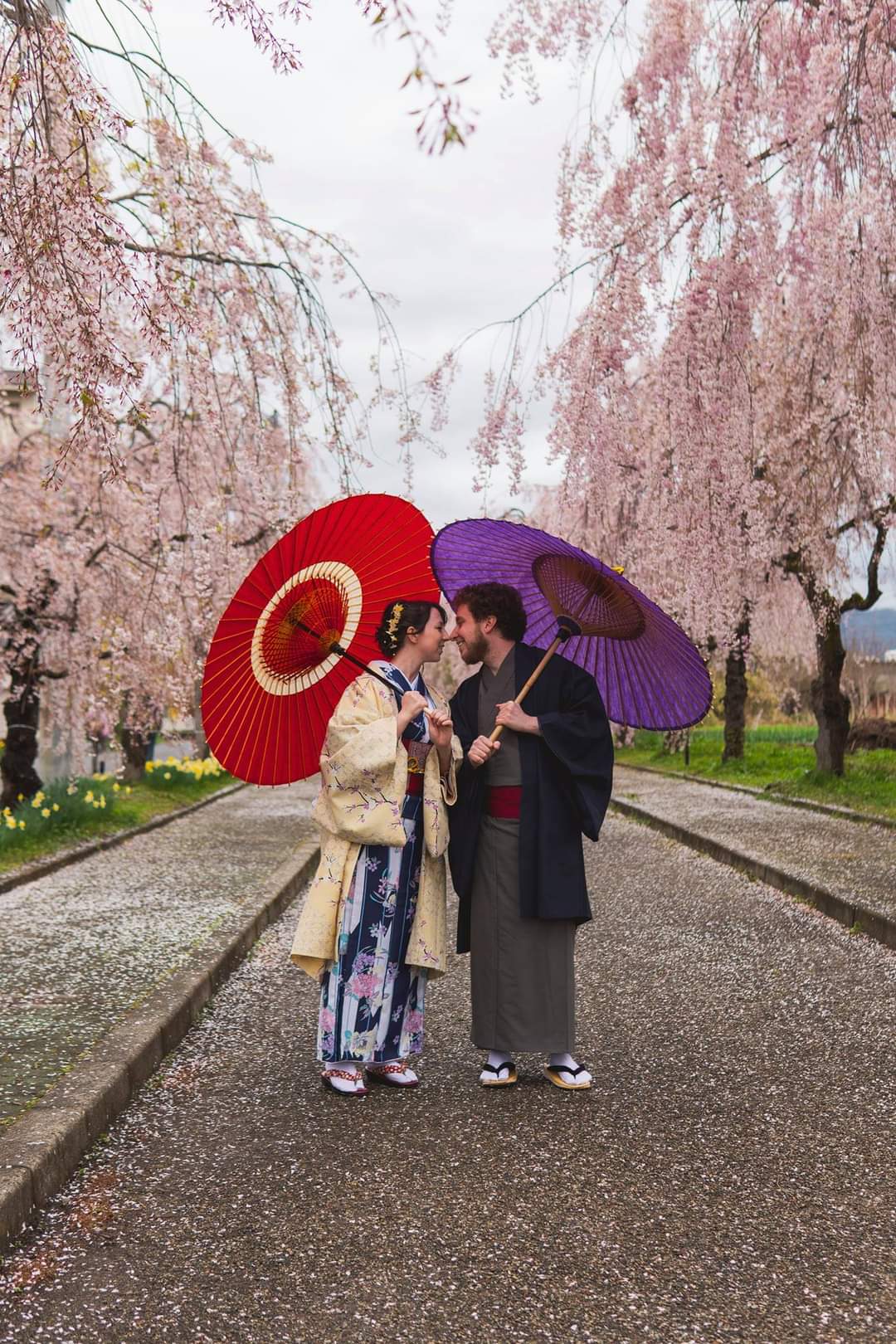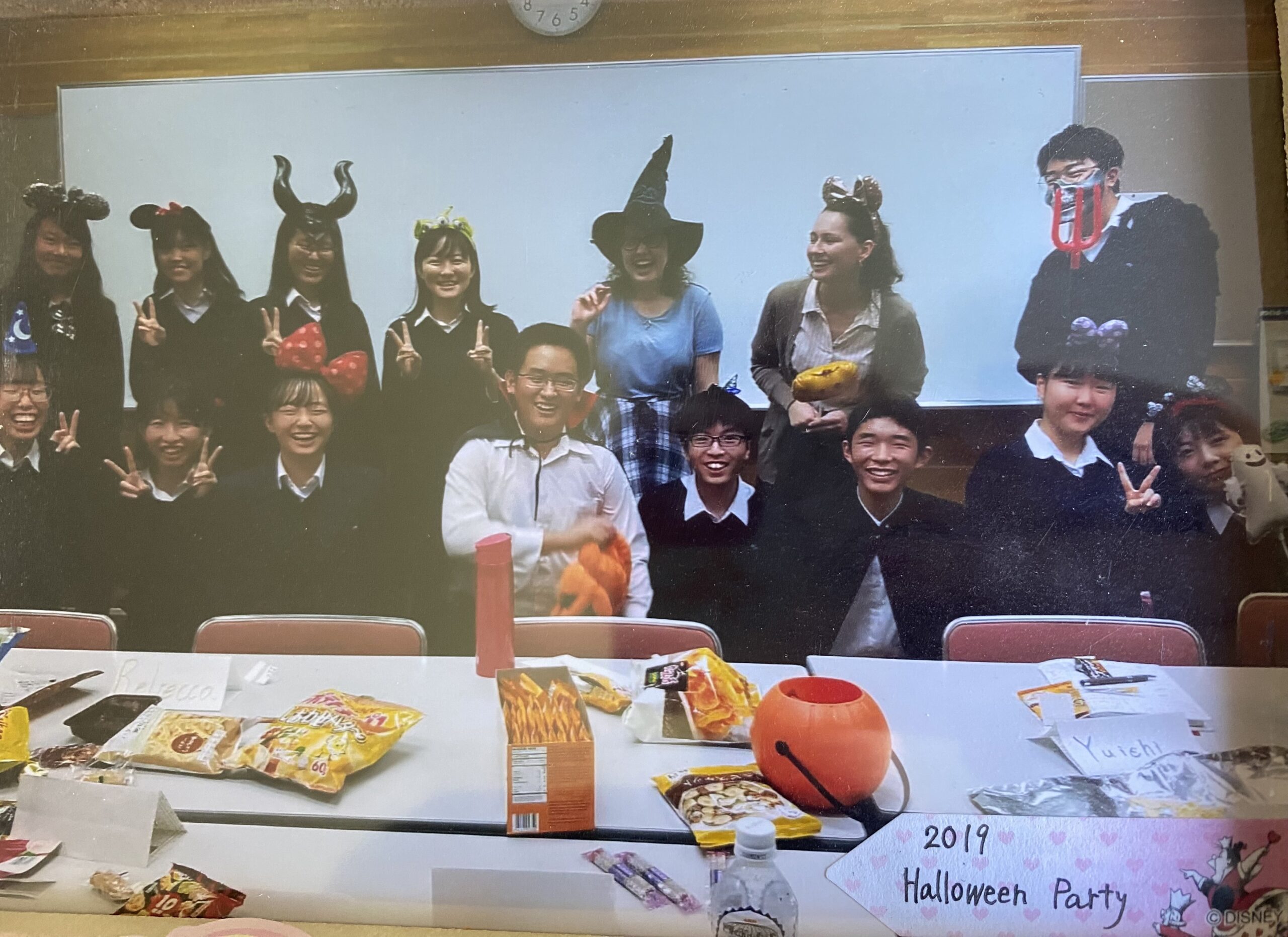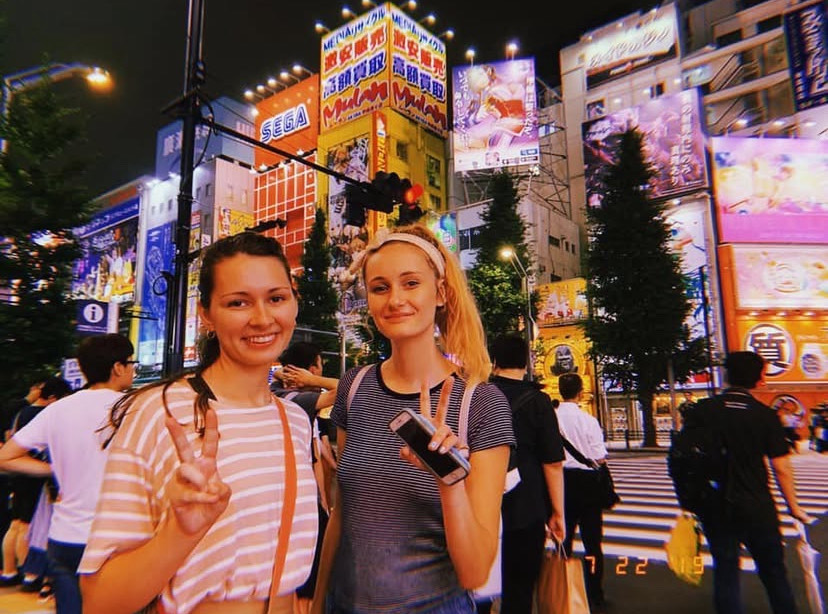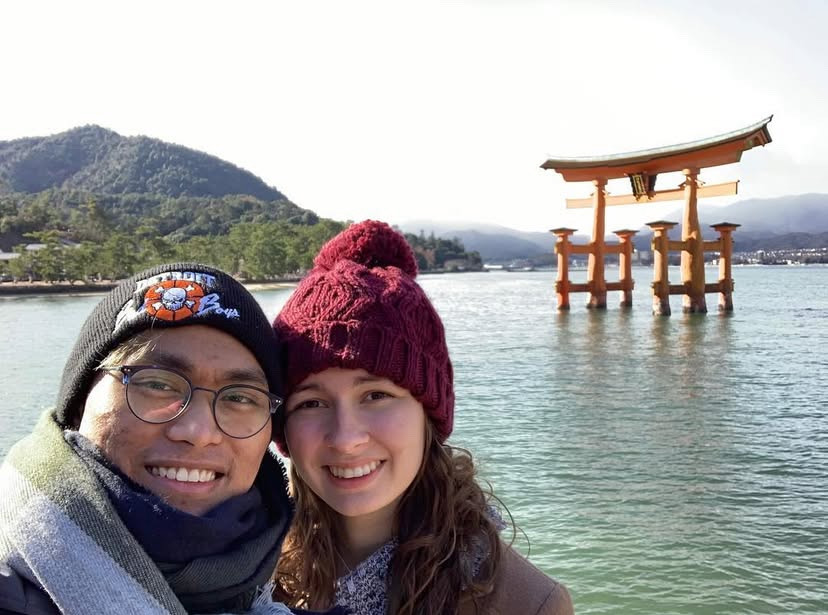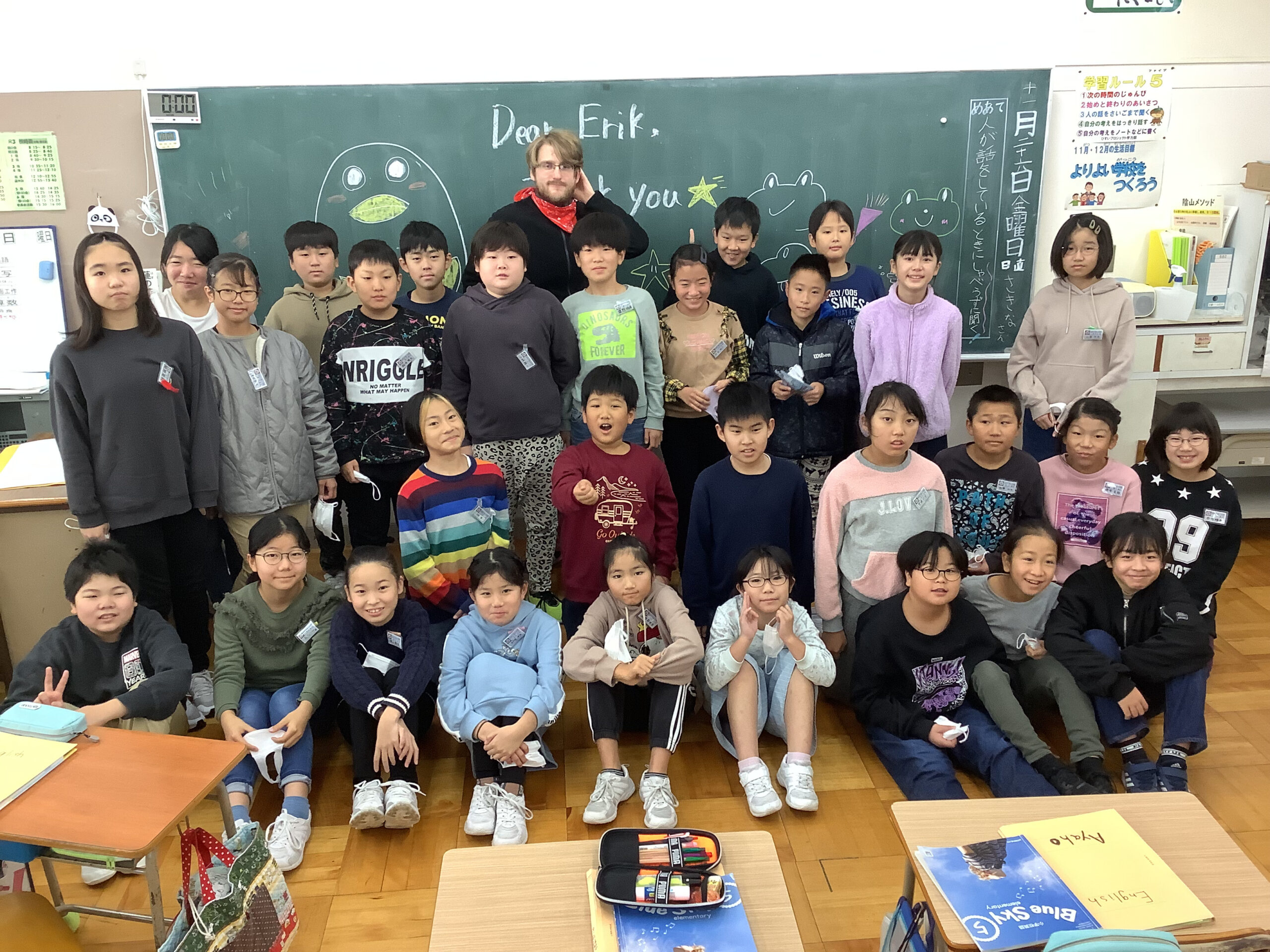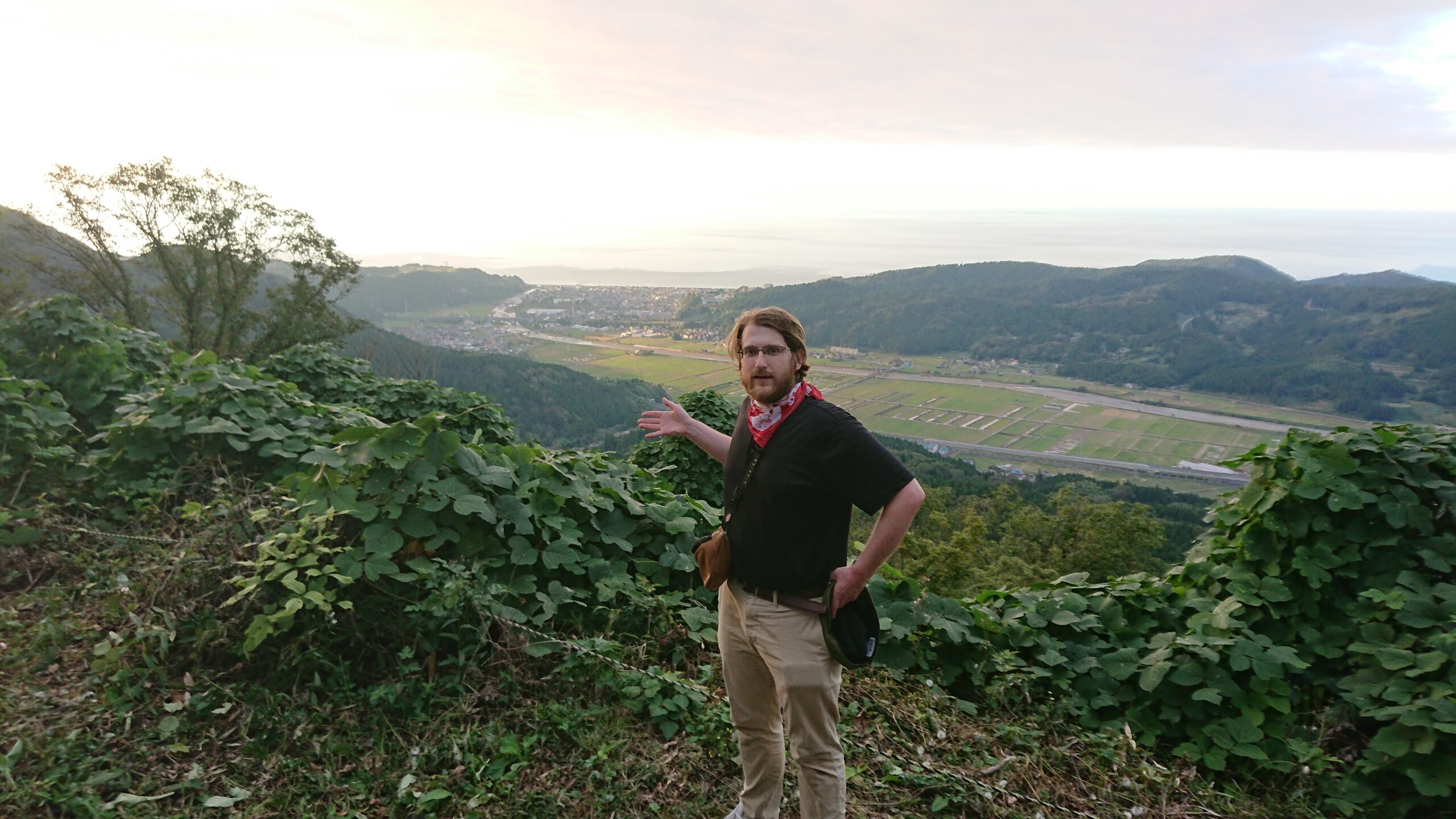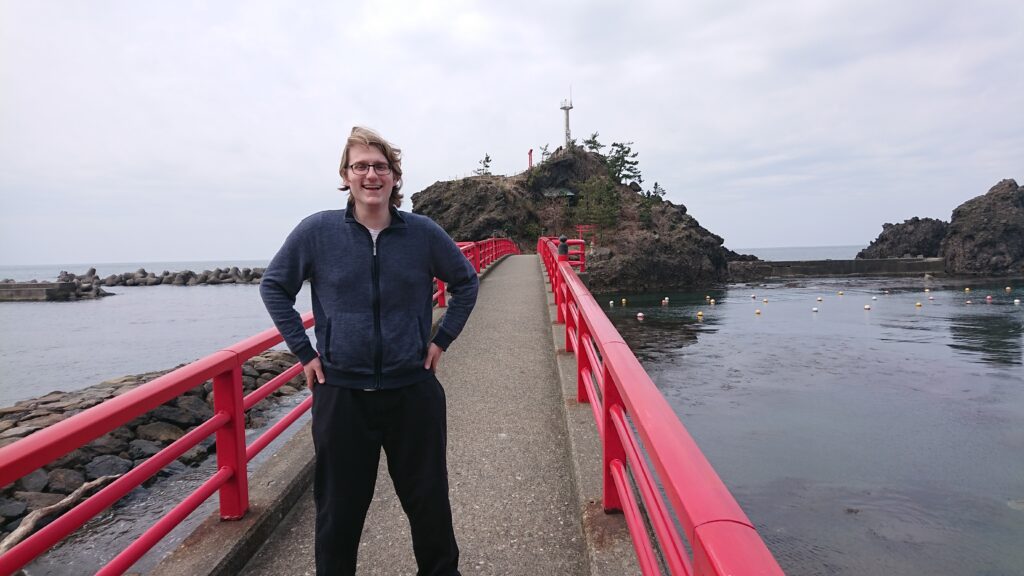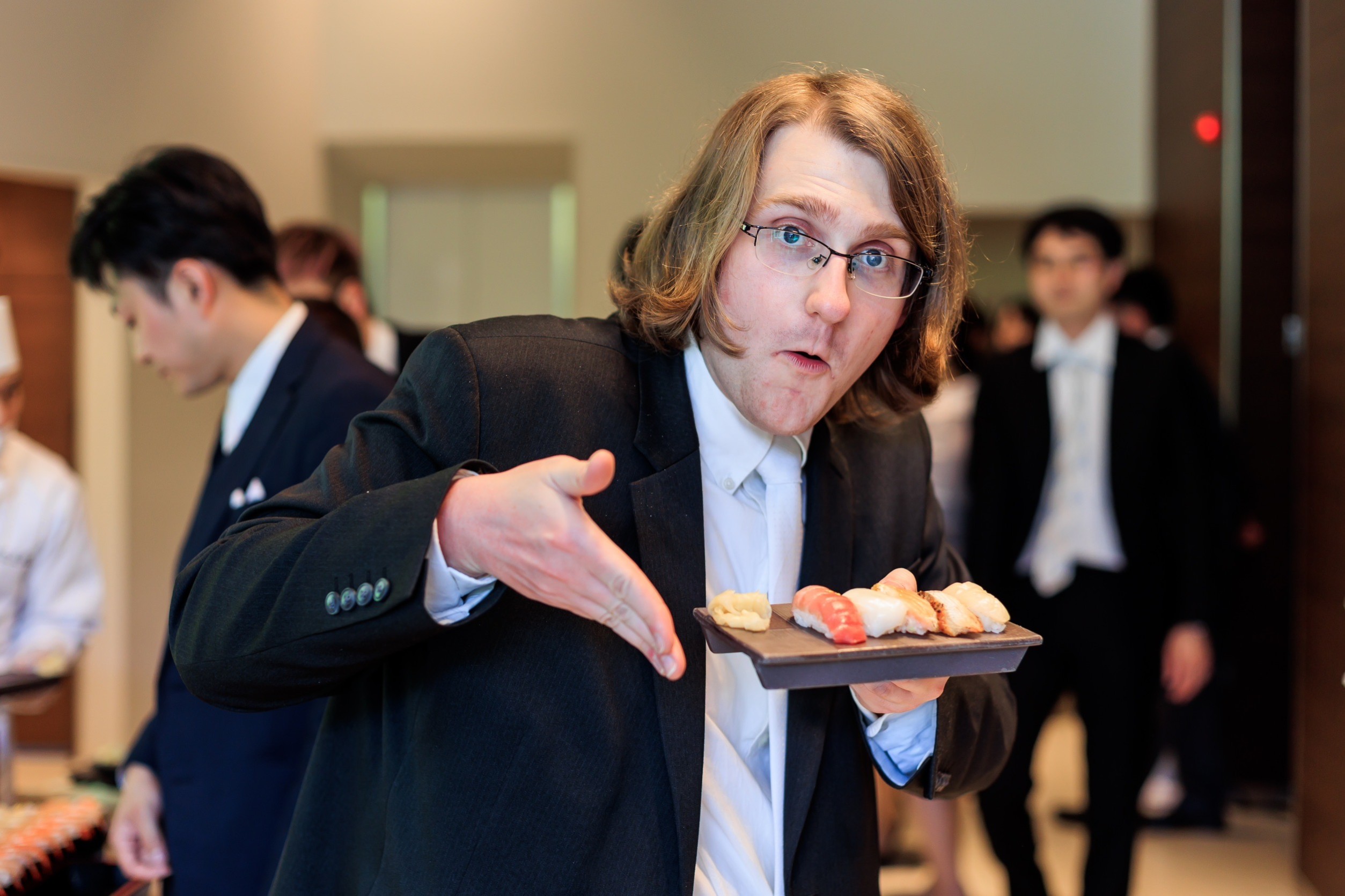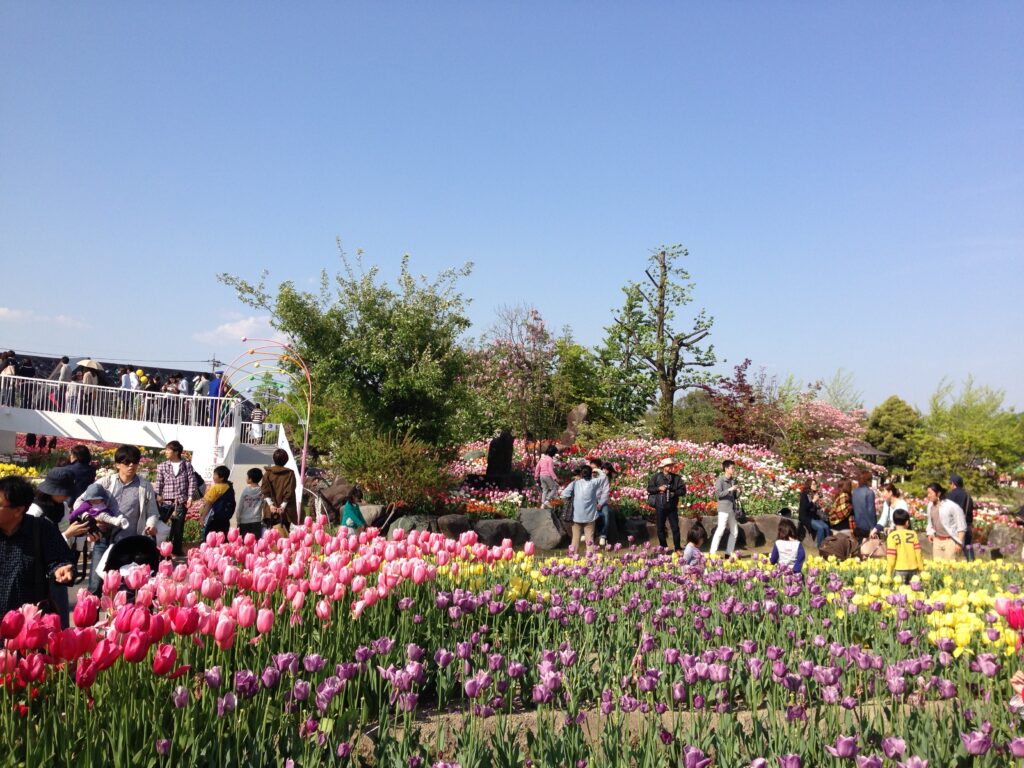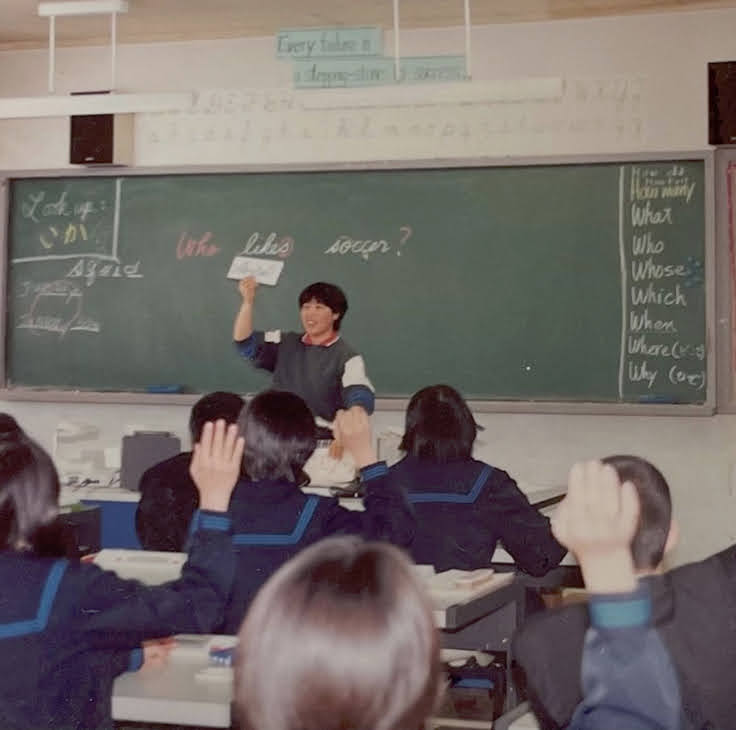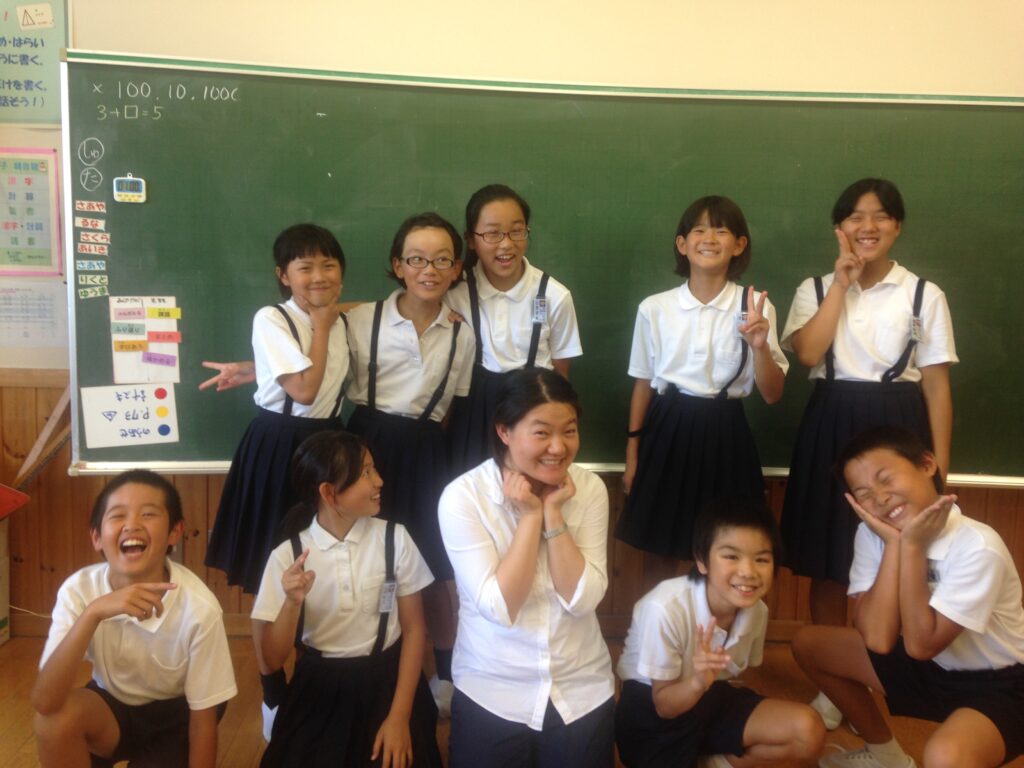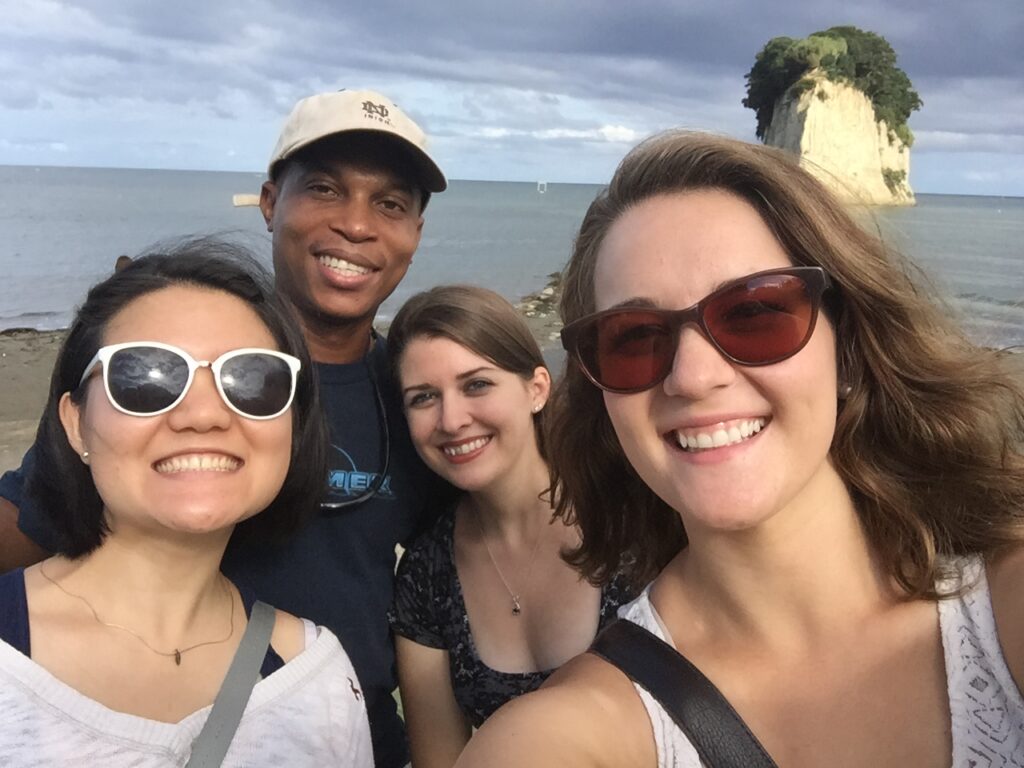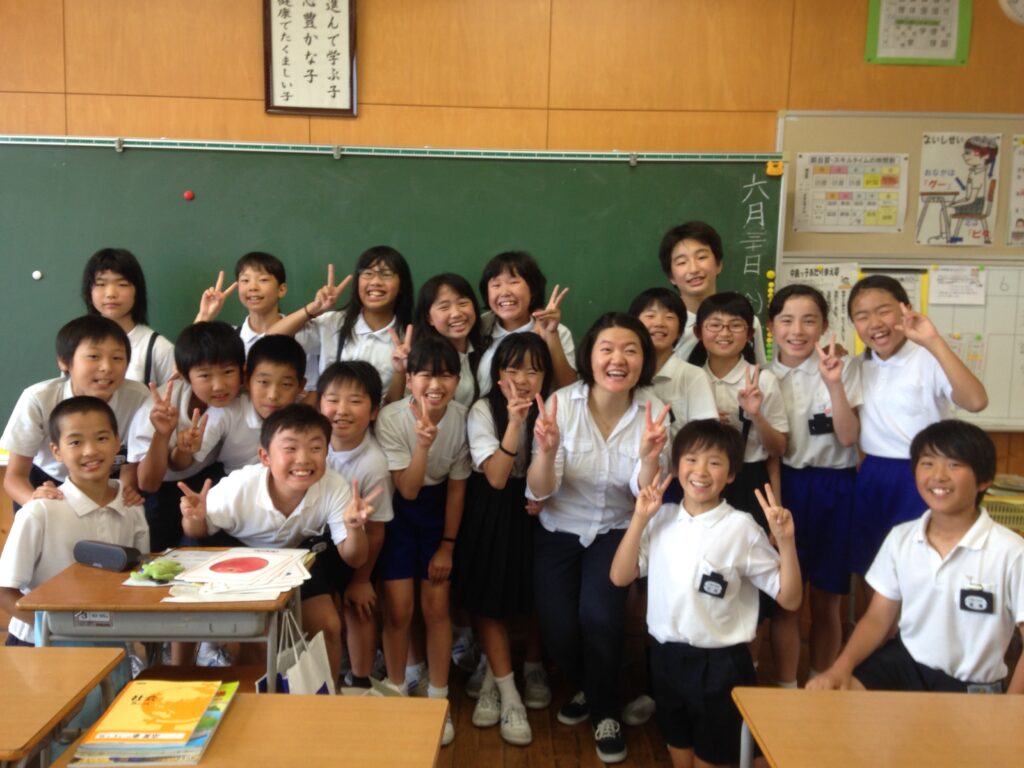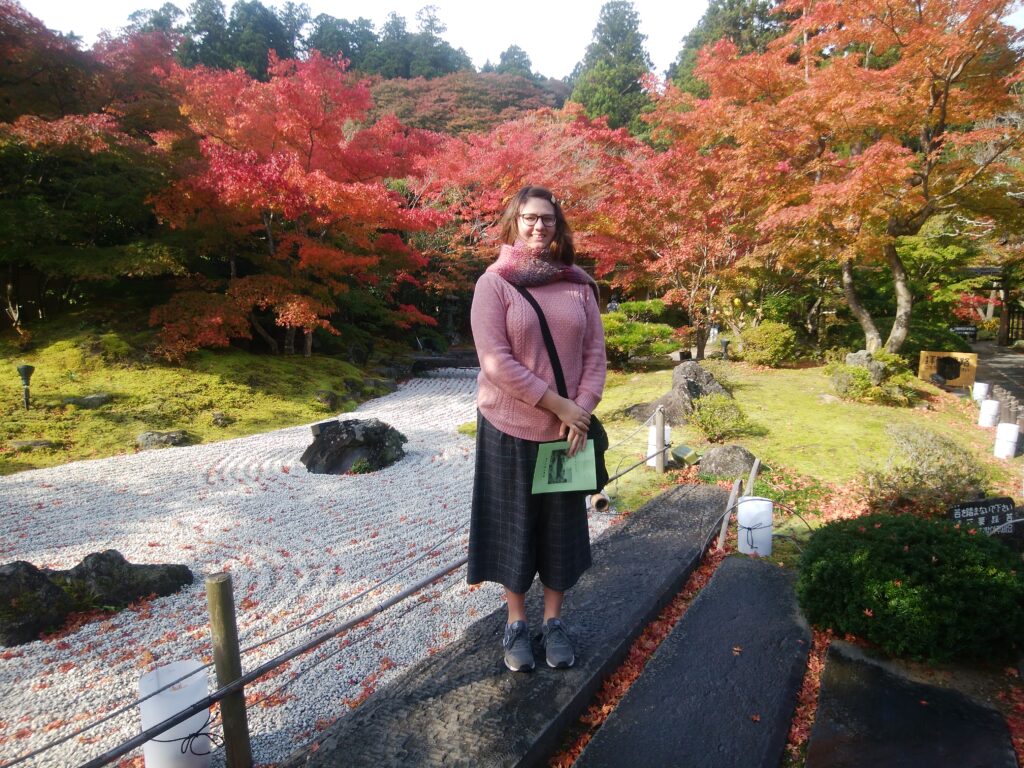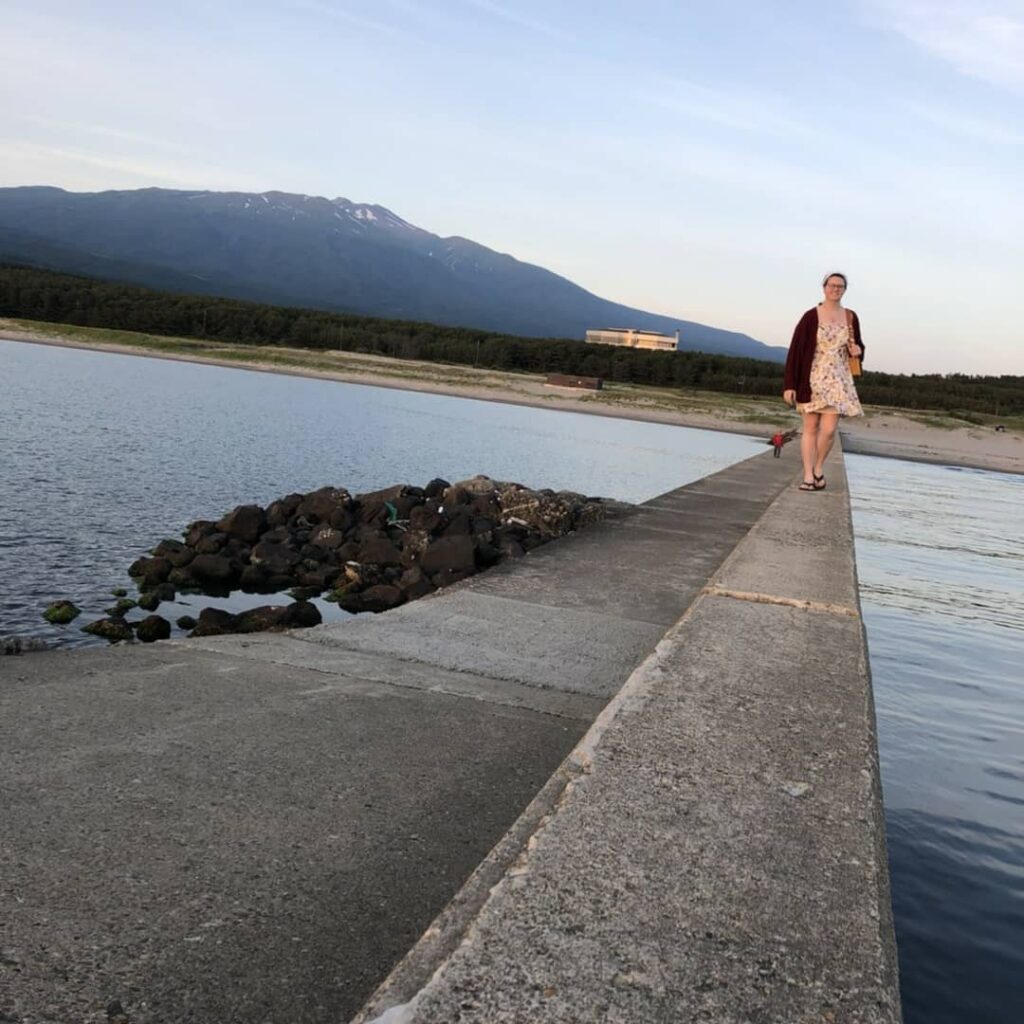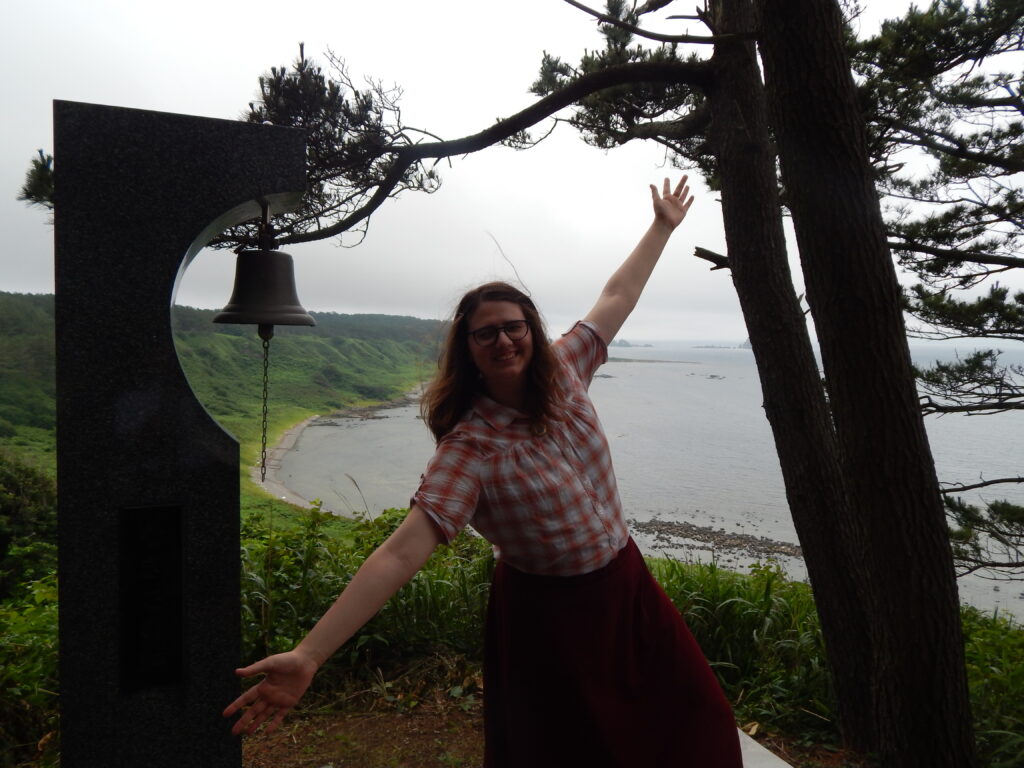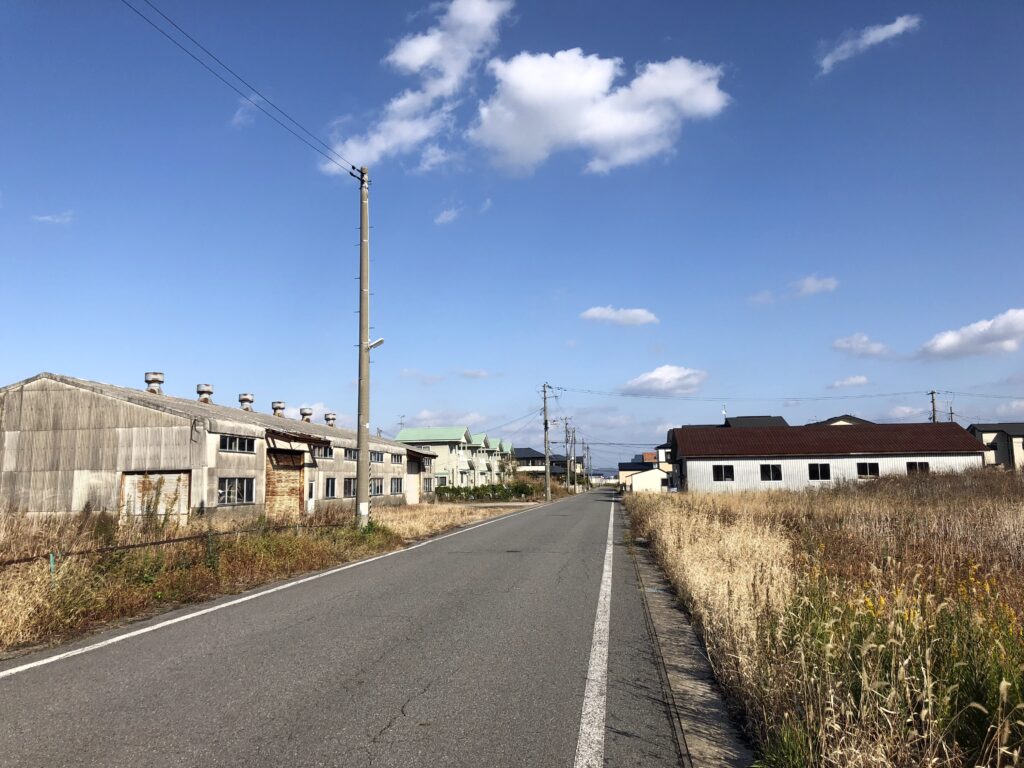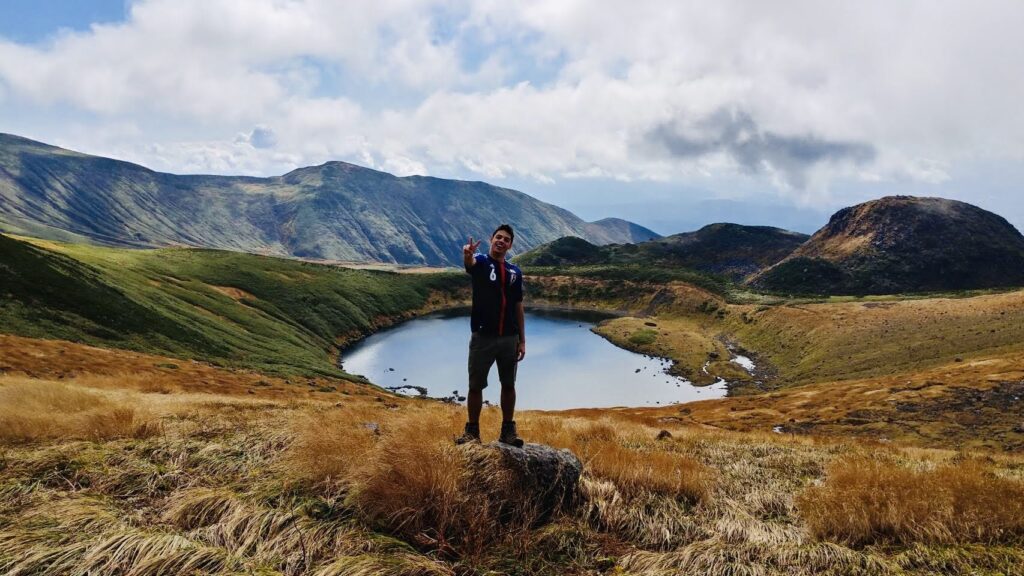Hello, and welcome back to the JET Alumni Spotlight! Today we feature Rebecca Phoenix. Please read on to learn more about her time in Mie Prefecture, her experience working at a special needs school, and her post-JET experience.
Are you from the Great Lakes area? What is your experience in the Great Lakes Area?
Detroiter born and mostly raised. Any one who live on the east side of the city in the early 2000s will understand why my family choose to move to the metro-area for a time.
What is your favorite Japanese snack?
I love Sakura Mochi. I am currently devastated that I am not going to get my fix this year. If any one knows a wagashiya in the metro Detroit area who is making sakura mochi DM me any time! (Not a joke, I’m so for real on this one)
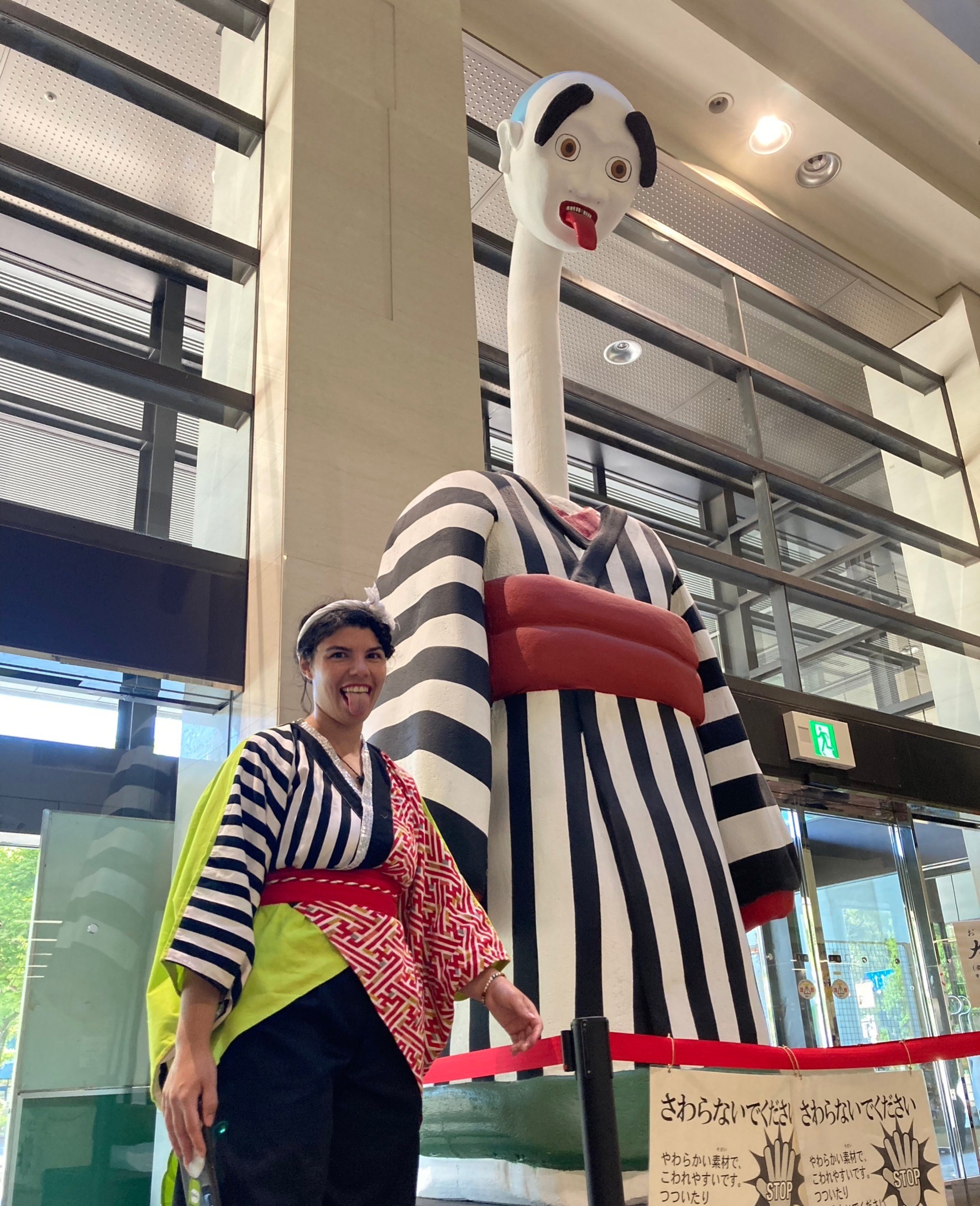
What is the biggest difference you see between Japanese and American culture? What do you believe these two cultures could learn from each other?
We have many things to learn from each other. While Americans can learn to appreciate small quiet moments to think and reset before diving headlong into a situation. My Japanese colleagues could use some training on how to be open and honest in communication and not to be afraid of the unexpected.
Also I think both cultures need to better embrace small business culture. There are so many hidden gems across Japan and America that support daily life, I am big fan of “2nd city” tourism and “mom&pop” shops.
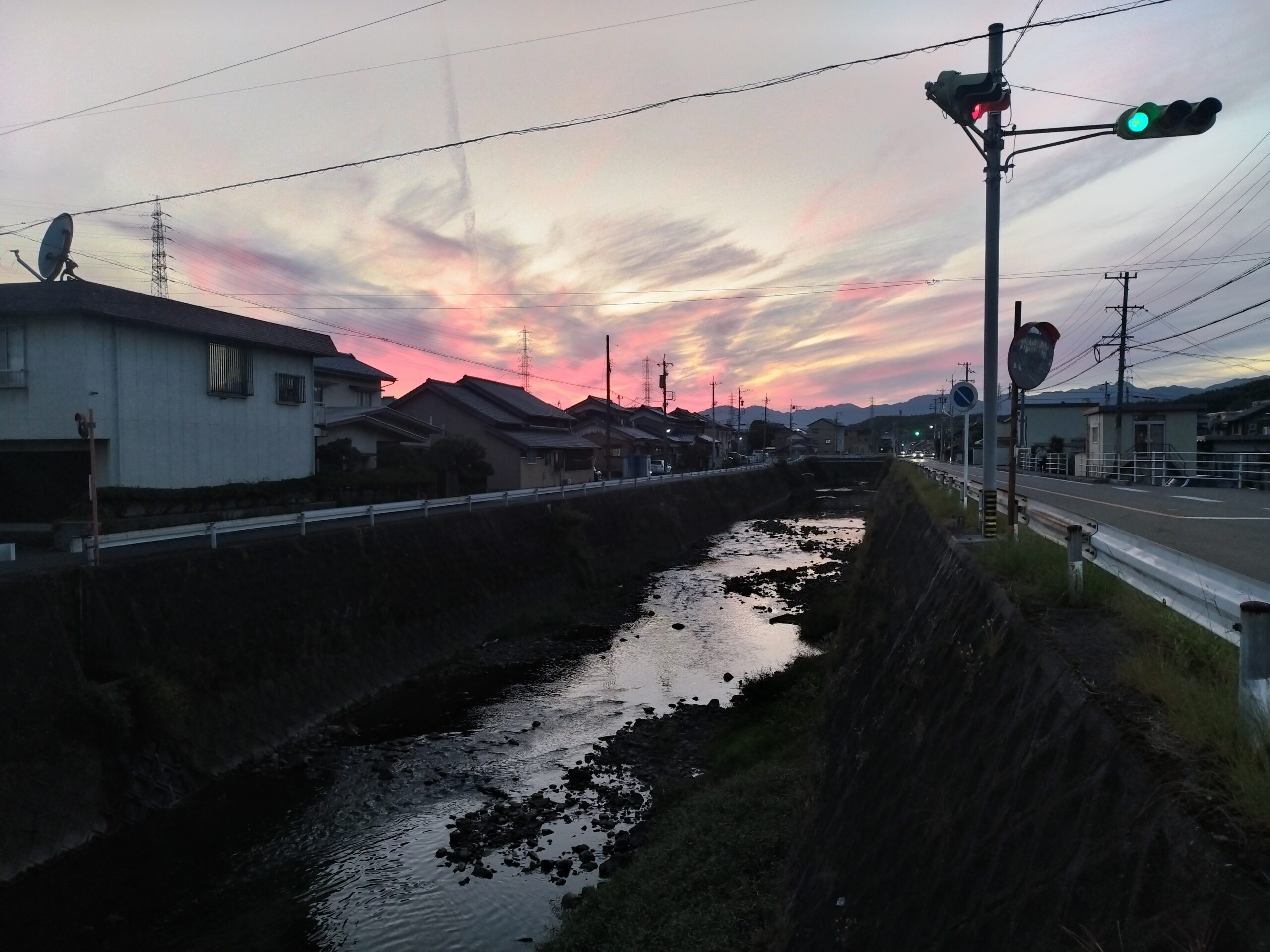
How did you become interested in applying for the JET program?
I have always been interested in going to Japan. After took my first trip with my school in 2014 I realized my next goal was to live in Japan, even if it wasn’t permanent. After attending JCMU in college I heard about the JET program from my teachers decided it was my way in.
Were you an ALT, a CIR, or an SEA on the JET Program? How long were you on the program, and where was your placement?
I was a high school/ special needs ALT in Mie-ken for 3 years.
Would you please tell us more about your placement? For ALTs, what were your schools like? For CIRs and SEAs, what sort of work were you involved in?
During my time there I worked across 4 different schools teaching kids from lower junior high school – special needs to college prep 3rd years.
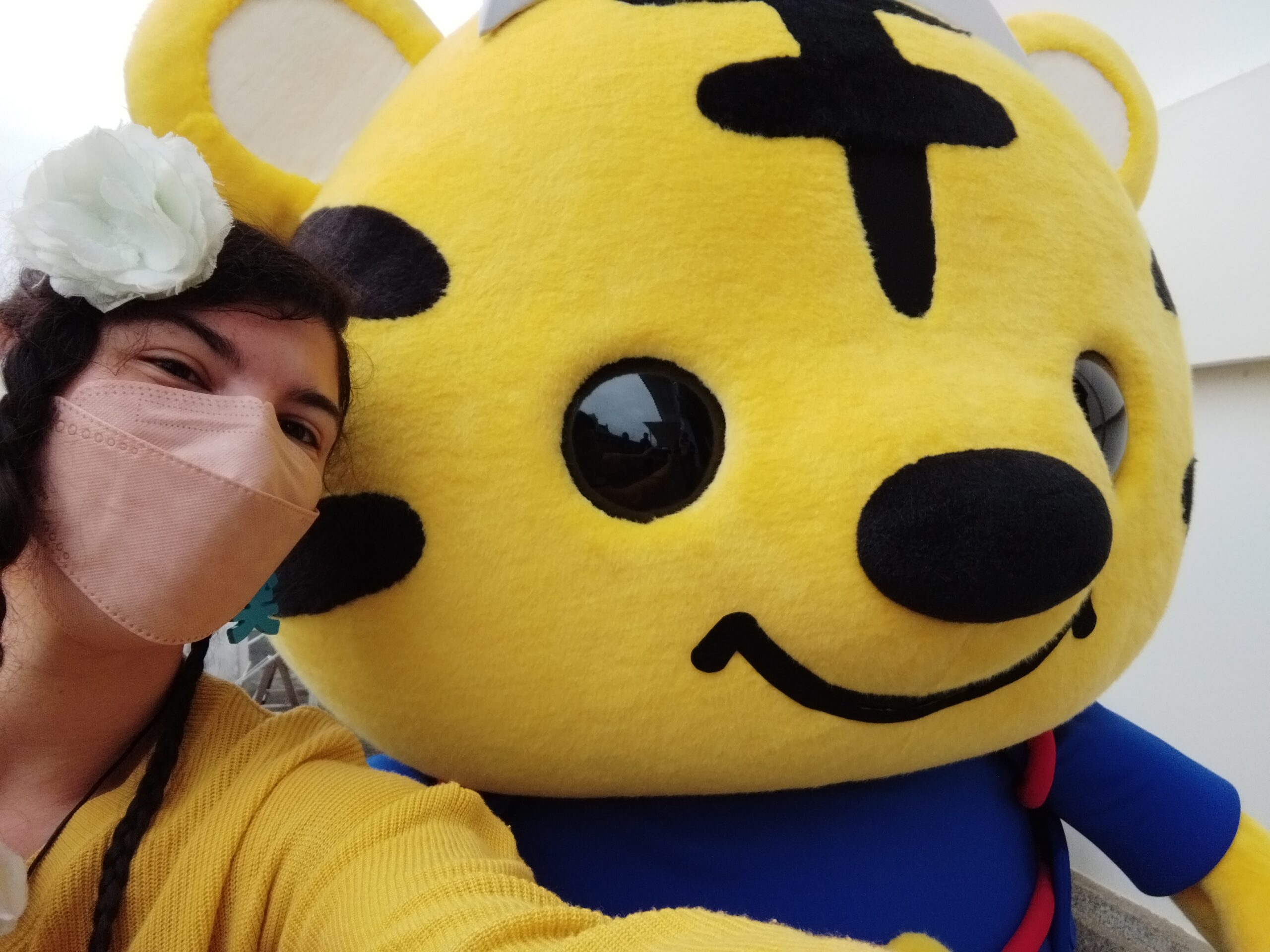
What is a memory you have from your time on JET that sticks out to you?
I learned a lot along side all of my students but my most precious memory is from my special needs school. After teaching a non-verbal student for three years, she was able to say “Trick-or-treat!” and “thank you” by the middle of her 3rd year in high school. Her everyday teachers were the ones doing the hard work getting her through her therapy, to the point where she could communicate with others. I felt very honored that I could have been a part of her journey and maybe teared up a little on the train ride home. All of my special needs students were excited to greet me inside and outside of class in heir own unique ways which made even the most difficult of days a bit brighter.
What has your career path been since leaving the JET Program? How has JET influenced your journey?
I returned to the states to finish my dual masters in Public History and Library and Information Science and I am also getting a graduate certificate in Archival Administration. Also because my nana asked me weekly when I was coming home. I like to say I got off the plane and into the classroom as I had an assignment due 2 days after landing.
My long term interests and goals have always been around Museums, History and public out reach in addition to Japanese studies. I have many personal goals around uplifting my Detroit community – especially on the hard hit east side. JET showed me that I have skills beyond the academic, and gave me the opportunity to better engage with the community around me. If I can bring together all of my interests for the betterment of my community, I will find a away. My current goal is to find a job with health insurance, so I can pursue these community goals to their fullest; bring new experiences and opportunities to the city I love.
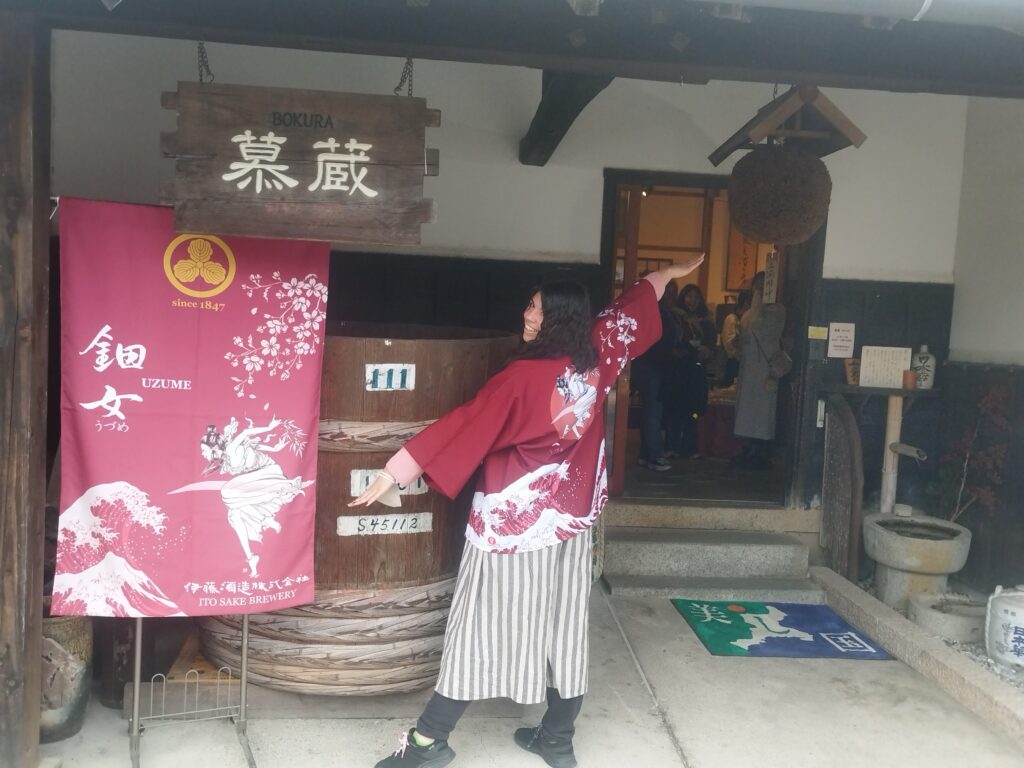
Do you have any advice or other support that you can give to current / future JET applicants? How about your fellow alumni?
For my ALTs still in the system, JET and CLAIR work in mysterious ways. If there is something you believe in doing, don’t give up on it. Cross cultural communication means we learn new pathways to make our passions reality. Work to network with your fellows and support each other. If the community works together, the better your collective experience for you and often for your students. You are all a team, lean on your team in rain and celebrate each other in shine.
For aspiring ALTs, remember this program is a beautiful stepping stone into your future. During JET you can explore different skills, strengths and parts of yourself that seemed impossible to do during college. Take it one day a a time, but remember it doesn’t stop here. There is still a future beyond JET.
Where can we reach you for networking?
You can find me on Instagram, on Linkedin, or through my email. Yes that is indeed, my real last name.
Please do reach out if you have any questions for our alumni. Thank you, Rebecca, for sharing your own story.
Alumni Spotlight is an outreach activity through the Great Lakes JET Alumni Association seeking to build stronger connections between alumni and to provide bridges for networking. If you or an alumnus you know would like to be featured in an installment of Alumni Spotlight, please email us at .

